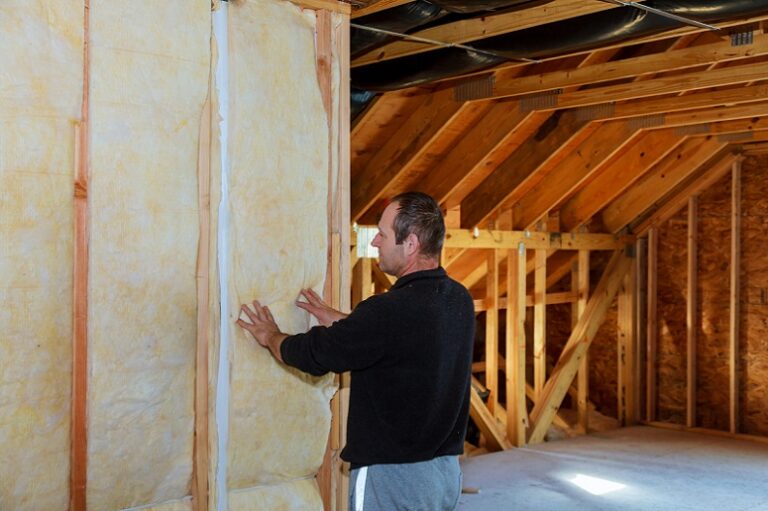Most people would say that the purpose of insulation is to prevent heat and cold from moving between the interior and exterior of a building, thus allowing the HVAC system to regulate the indoor climate more easily. What some may not appreciate, however, is that insulation can also have a significant indirect influence on indoor air quality (IAQ). Here are a few ways in which the insulation in your Huntsville, AL home may impact your IAQ.
Keep Pollutants From Your Home
Insulation is material that may sit in the walls and floors of your home. Since it seals these areas and prevents air from passing through them, it can also end up barring certain pollutants from floating into your home from outdoors. Thus, your insulation can sometimes be a barrier against some threats to your IAQ.
Moisture Control
Moisture poses a significant threat to your home insulation. If your insulation becomes too wet, it can become a breeding ground for various kinds of biological spores that can then float into the air in your home. General indoor humidity can exacerbate this problem even further.
Once these spores spread through your home, inhaling them can trigger allergy-like symptoms such as coughing and an itchy or sore throat. You may also experience nausea and headaches, and you can even contend with inexplicable feelings of fatigue and difficulty sleeping. While many other things may also cause these symptoms, the smell of mildew in the air can strongly indicate that biological spores are truly responsible for your trouble.
On the other hand, dry insulation will be much more likely to avoid these difficulties. Dehumidifiers can also greatly reduce the opportunities for all kinds of pesky biological microorganisms to proliferate through your home.
Temperature Regulation and IAQ
Of course, it’s essential to keep your home cool through the Alabama heat this spring and summer. Equally important, though perhaps not as frequently appreciated, is the need to prevent the temperature in your home from fluctuating too wildly.
If this happens, significant amounts of condensation can appear in your home as a result. Then, all kinds of pollutants will be much more likely to stick to the air around you, and your ventilation system will have greater difficulty removing them from your living environment. Robust insulation can greatly assist in keeping your indoor temperatures within reasonable limits.
Pests and Contamination
Sometimes, mice and insects creep into your insulation and create homes for themselves there without you even realizing. These pests may leave their droppings in your insulation, and trace amounts of these substances may eventually find their way into the air you breathe. The danger is particularly acute in the insulation of your ductwork because air constantly flows through your ducts and threatens to sweep up tiny amounts of waste.
This is why there should be a periodic inspection of your ductwork to make sure that there are no critters living inside of it. If there are, HVAC technicians must remove those creatures and repair the damage that your insulation has sustained, which may require them to replace the insulation altogether.
Insulation Types and IAQ
Insulation may consist of a variety of materials. The most popular materials are fiberglass and spray foam, and cellulose ranks right along with them.
Fiberglass insulation, which primarily works to regulate temperatures, does capture some airborne particles as air filters through its fibers to provide some enhancement to air quality. Spray foam insulation forms a tight seal to minimize air infiltration from the outside, and it helps to keep pollutants and allergens out of the home. Cellulose insulation also provides a relatively effective seal against air leakage and can even absorb certain odors and pollutants.
Insulation is only one of the many factors that can affect the IAQ in your home. For help keeping the air around you clean, call Sensigreen Heating, Cooling & Insulation today, and ask for our IAQ services.
Image provided by iStock

